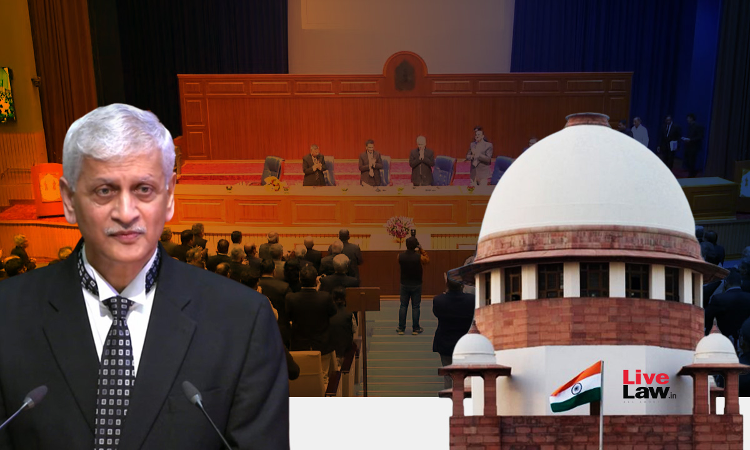Collegium System Is The Best; Indispensable For Independence Of Judiciary, Rule Of Law: Former CJI UU Lalit
Awstika Das
13 Nov 2022 7:37 PM IST

Next Story
13 Nov 2022 7:37 PM IST
Calling the collegium system "the best system", the former Chief Justice Of India U U Lalit on Sunday said the collegium system is indispensable for the independence of judiciary and the rule of law.However, Lalit also said that it would be the government's prerogative to bring back the National Judicial Appointments Commission if it decides to do so. "But so long as that is not brought in,...
